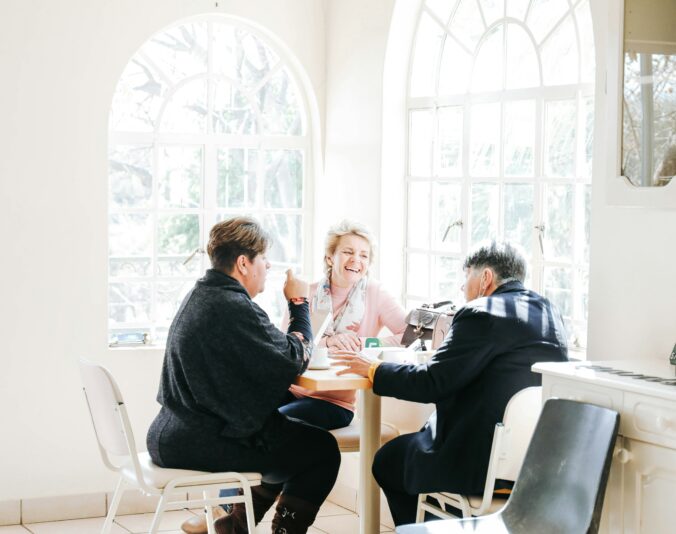Today I decided to respond to Marc’s Blog Post 3!
Your blog post on Universal Design for Learning (UDL) does a great job of showing how this approach makes education more accessible for everyone. I completely agree that UDL isn’t just helpful for students with disabilities,mit benefits all learners by offering different ways to engage with material, absorb information, and demonstrate understanding. When educators use a mix of teaching strategies, they create a more adaptable learning environment that supports students with different needs.
I also like your discussion on accessibility in both in-person and online learning. Using tools like visual aids, assistive technology, and multiple content formats ensures that more students can fully participate. In online learning, providing materials in different formats helps students access information in a way that works best for them. Features like screen readers, captions, and alt text for images also make digital resources more inclusive.
Your point about the ethical side of digital learning is really important too. Protecting student data and maintaining privacy should always be a priority, and educators need to use secure platforms while being straight about how personal information is handled. Overall, UDL is a powerful approach that removes barriers and creates a more inclusive learning experience for everyone.




Recent Comments